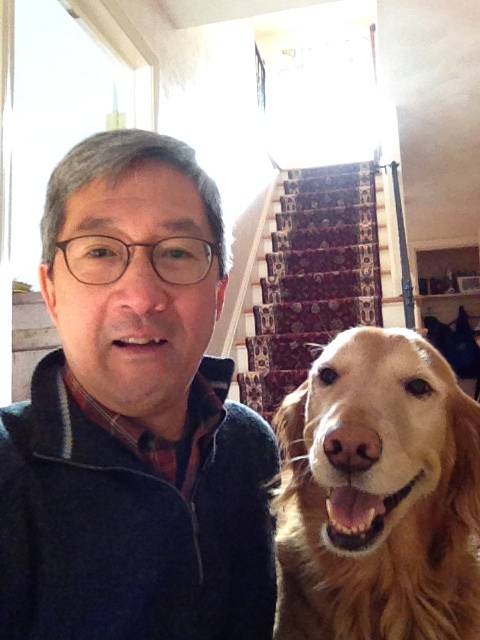Medicine has engaged me for 45 years. I have become expert in the care of patients with immediately life-threatening diseases and those who face decline with chronic illness. This profession engages all my abilities: to remember, reason and act, to follow rules and to create new solutions, to engage and to self-protect, to celebrate and to mourn. I marvel at the ways that patients recover or fail, at their graceful or desperate struggles with illness and aging. I try to teach and model patient care in a time when health care would imagine that outcomes of care are more important than relationships of care. I support a model of health care where care of persons is the core - patient care that is more than technically excellent and fiscally responsible, but also steady, kind and compassionate.
I have had a successful career in internal medicine, beginning in 1979. The intellectual and competitive aspects of medical excellence were stimulating challenges, but for the last 30 years and more, I believe I have taught and led teams with attention to the humane aspects of patient care as well. In that time health care has become “industrialized”: cost-effectiveness, safety, and outcome measures in populations of patients have gained prominence; understanding patients and individualizing care have lost importance. I feel it is past time to re-invigorate the importance of trustworthy relationships in the care of patients.
Experiences of critical illness and end of life care are fraught with complex feelings. Acknowledging the emotional content of interactions is necessary in full and trustworthy relationships. Emotional awareness and stability need to be supported to be a source of support for patients. I have valued regular counseling to support my psychological well-being in knowing and caring for patients.
Providing excellent patient care became more difficult with the advent of electronic records, which were primarily databases designed for documentation of “productivity” and “compliance,” not for transmission of narratives about patients. In 2013 I took a sabbatical, as I felt myself in danger either of losing my mind (with the time and effort spent in trying to provide excellent patient-centered care), or losing my soul (if I stopped caring about overcoming the barriers created by electronic records). How could this dilemma be resolved?
I took a sabbatical at a divinity school (Union Theological Seminary), to enlarge my understanding of human suffering. The ubiquitous fact of suffering is rarely addressed in patient care. Eric Cassell’s 1982 article on “The nature of suffering and the goals of medicine”* accurately observes that potential suffering (related to losses in the integrity of personhood) is inherent in illnesses, accidents and aging.
As health care workers we have consciously or unconsciously chosen to show up to alleviate some of that suffering. On the other hand, health care as an industry has evolved into a system of providing efficient biomedical services.
The tensions in approach create questions and dilemmas: Will the care of persons be the core of health care, or the care of populations? In a system that rewards productivity, how do we resist callousness in our relations? How are we to relate to each other and ourselves, when we seem to be parts of a machine?
* Eric Cassell. The nature of suffering and the goals of medicine. New Engl J Med 1982; 306: 639-645.
These questions are spiritual questions, questions of meaning and purpose, and how we are meant to invest the limited time we have together. I do not have ultimate answers, but I feel raising and discussing these questions might enrich and improve our lives as well as our patient care.

